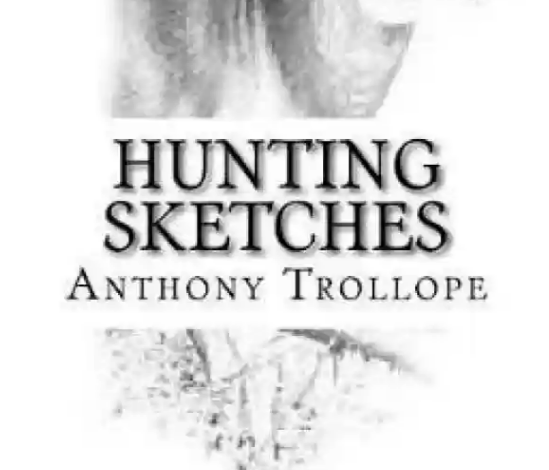The Man Who Hunts and Doesn’t Like It
byIn this chapter titled The Man Who Hunts and Doesn’t Like It, introduces a reflection on those who ride not for pleasure, but to meet social expectations. The hunt, for them, is less about exhilaration and more about obligation—a performance played out in boots and breeches to maintain appearances within a community that reveres tradition. While others prepare for the chase with excitement, these individuals approach the season with reluctance masked by ritual. Their turnout is immaculate, their horses polished, yet their hearts are never in the gallop. This quiet contradiction—between what they portray and what they truly feel—sets the tone for a chapter that unpacks the emotional dissonance behind the well-dressed hunter who never finds joy in the ride.
The reluctant hunter still plays the part convincingly, engaging in conversations about horse breeds, tack, and the latest tailoring trends as if enthusiasm were genuine. Visits to saddlers and bootmakers become not just errands, but opportunities to reinforce an identity tied more to presentation than experience. The anticipation of compliments on their gear offers fleeting satisfaction, even as the hunt itself remains a source of dread. They follow the unspoken code: participate, dress well, appear keen—regardless of whether they enjoy the mud, the pace, or the endless hours in the cold. This form of participation becomes an elaborate exercise in social camouflage, allowing them to feel included while silently enduring the activity itself. Their belonging is purchased not with passion, but with polish.
As the season draws near, their anxiety quietly builds. Days are spent preparing their horse and wardrobe, but their minds linger on the discomforts that accompany every meet—frozen fingers, aching legs, and unpredictable trails. When the morning arrives, they rise early not with excitement, but with resignation, wondering if this might be the day the experience feels worthwhile. Yet even as their horse is groomed and the breakfast scarfed down, a lingering weight sits on their chest: the knowledge that pleasure may never come. Their motivation is a blend of fear—of missing out, of social exclusion—and the persistent hope that maybe, this time, things will be different. But once they mount up, the truth returns like cold rain: they do not enjoy it.
The hunt itself unfolds with all the usual scenes—gathered riders, the calls of the hounds, the distant horn—but for this man, none of it stirs genuine thrill. Every fence looms with dread, each gallop feels forced, and minor inconveniences grow into nagging frustrations. A lost stirrup, a slippery turn, a pulled rein—each adds to the quiet litany of discomforts that confirm what he already knows. The physical strain feels harsher, the mud deeper, the cold more cutting, all because the spirit isn’t aligned with the sport. He is not chasing the fox but enduring the ride. The internal monologue becomes louder than the hounds, asking, again and again, why he continues.
At the peak of the day, misfortune often finds him. A misstep by the horse, a poorly timed hedge, and suddenly both rider and mount are down—mud-streaked and bruised. It’s a fall not just of body but of pretense. In that moment, any illusion of enjoyment collapses, and the discomfort becomes undeniable, witnessed by fellow riders whose sympathy might be tinged with silent judgment. Pride is hurt more than flesh, but the sting lingers long after the aches fade. It’s a moment that crystallizes the underlying truth: this is not his passion. It is a performance, and it has cost him more than he ever admits aloud.
Returning home, sore and disheartened, he reflects not on the fox, the countryside, or the thrill others chase—but on the weight of pretending. He wonders how many others feel the same, masked behind smiles and saddle polish. The hunt is not merely a test of skill or courage, but of conformity—an unspoken demand to belong, even when the spirit rebels. He may return next week, or he may not. But the question lingers: how much longer can he endure what brings no joy?
This chapter lays bare the emotional complexity behind social participation in activities that do not resonate on a personal level. It underscores how identity can be shaped not by what we love, but by what we feel obligated to be seen doing. The man who hunts and doesn’t like it is not a failure, nor a fraud—he is simply caught in the tension between self and society, navigating the uneasy space between authenticity and expectation. His story is not just about hunting, but about every experience where image overshadows truth, and where participation is driven by pressure rather than passion.

